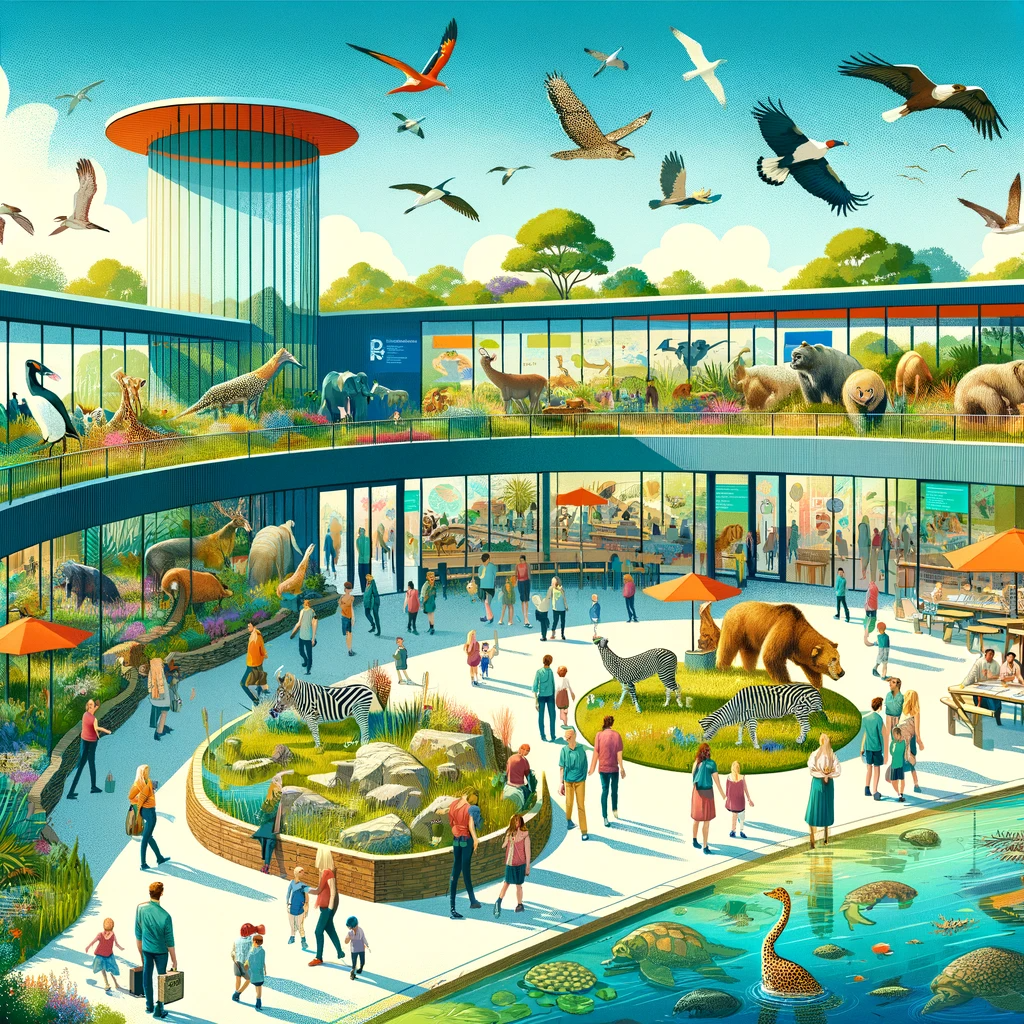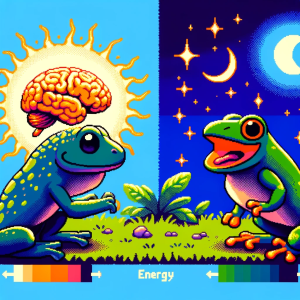
The Evolving Role of Zoos and Aquariums
I have really fond memories on the Philadelphia Zoo. I hope that I’m creating similar memories in my own kids. However, it’s important to reflect on the role of zoos writ large in our society.
In recent years, the classic notion of zoos and aquariums as mere venues for entertainment has shifted dramatically. Today’s zoos and aquariums are multifaceted institutions, playing an increasingly critical role in conservation, education, and research amidst growing environmental challenges. This evolution is essential for the everyday person as biodiversity affects everyone, from the air we breathe to the food we eat. The article “The Role of Zoos and Aquariums in a Changing World” offers an integrated analysis of the current and future roles of these institutions and their impacts on both wildlife and human communities.
The Historical Journey of Zoos and Aquariums
Zoos and aquariums have come a long way from the menageries of ancient civilizations to the complex institutions of today. Initially, these places were symbols of wealth and power, showcasing exotic animals for entertainment. However, as awareness of biodiversity and conservation has grown, so has the role of these institutions. They are no longer just about displaying animals but have become centers of learning, research, and crucially, conservation.
Conservation at the Heart of Modern Zoos and Aquariums
One of the most pivotal roles of modern zoos and aquariums is in the conservation of biodiversity. They engage in both ex situ and in situ conservation efforts, including captive breeding programs and habitat restoration projects. These initiatives are vital as they often target species that are on the brink of extinction or those whose habitats are severely threatened. By visiting a zoo or aquarium, individuals indirectly support these conservation efforts.
Education: Beyond Entertainment
Education is another cornerstone of modern zoos and aquariums. They are unique in their ability to educate the public about biodiversity, conservation issues, and the importance of protecting our natural world. Through interactive exhibits, educational programs, and the simple act of observing live animals, visitors gain a deeper understanding and appreciation for wildlife. This education goes beyond information, aiming to inspire action and change in daily behaviors towards a more sustainable lifestyle.
Research Contributions: Advancing Knowledge for Conservation
Research conducted by zoos and aquariums contributes significantly to our understanding of animal behavior, biology, and the best methods for conserving them in the wild. This research is not just academic; it has practical applications in improving animal care, informing conservation strategies, and enhancing the effectiveness of breeding and reintroduction programs. For the everyday person, this means better-informed decisions and policies that can lead to more effective conservation efforts.
Facing Criticism and Looking Forward
Despite their contributions, zoos and aquariums face criticism, particularly concerning animal welfare and the ethics of keeping animals in captivity. It’s crucial for these institutions to continually adapt and improve their practices, ensuring the highest standards of care and making informed, ethical decisions about the animals in their charge. The future of zoos and aquariums will depend on their ability to balance the needs of conservation, education, research, and recreation, all while maintaining public trust and support.
Conclusion: The Role of Zoos and Aquariums in Our Shared Future
As the world changes, so too must zoos and aquariums. They are no longer just places to see exotic animals but are critical players in the fight to save species and educate the public. They have the potential to be powerful forces for conservation and change, but they must continue to evolve, innovate, and address the ethical challenges they face. For the everyday person, supporting and engaging with these institutions means contributing to a future where biodiversity is valued and preserved.
Takeaways for the Everyday Reader:
- Understanding Biodiversity: Learn about the diverse species that share our planet and why each is vital to ecosystems and our own survival.
- Support Conservation Efforts: By visiting and supporting zoos and aquariums, you contribute to conservation programs that protect species and habitats worldwide.
- Educational Opportunities: Use visits to zoos and aquariums as a learning opportunity for yourself and others, especially children, to foster an appreciation for nature.
- Active Participation: Engage in zoo and aquarium programs, follow their conservation efforts, and take part in community science or conservation initiatives they support.
Explore, Learn, and Grow with Science:
Step into the realm of discovery with ‘This Week in Science’! Tailored for both educators and science enthusiasts, our newsletter offers a weekly exploration of groundbreaking research and inspiring stories from the scientific community. By subscribing, you’re not just reading – you’re expanding your horizons in teaching and learning. Join us for free and start a journey that reshapes your engagement with science, fostering a more informed and passionate approach.



